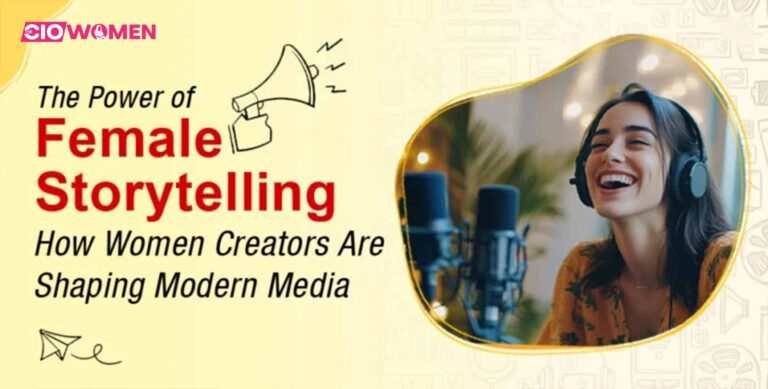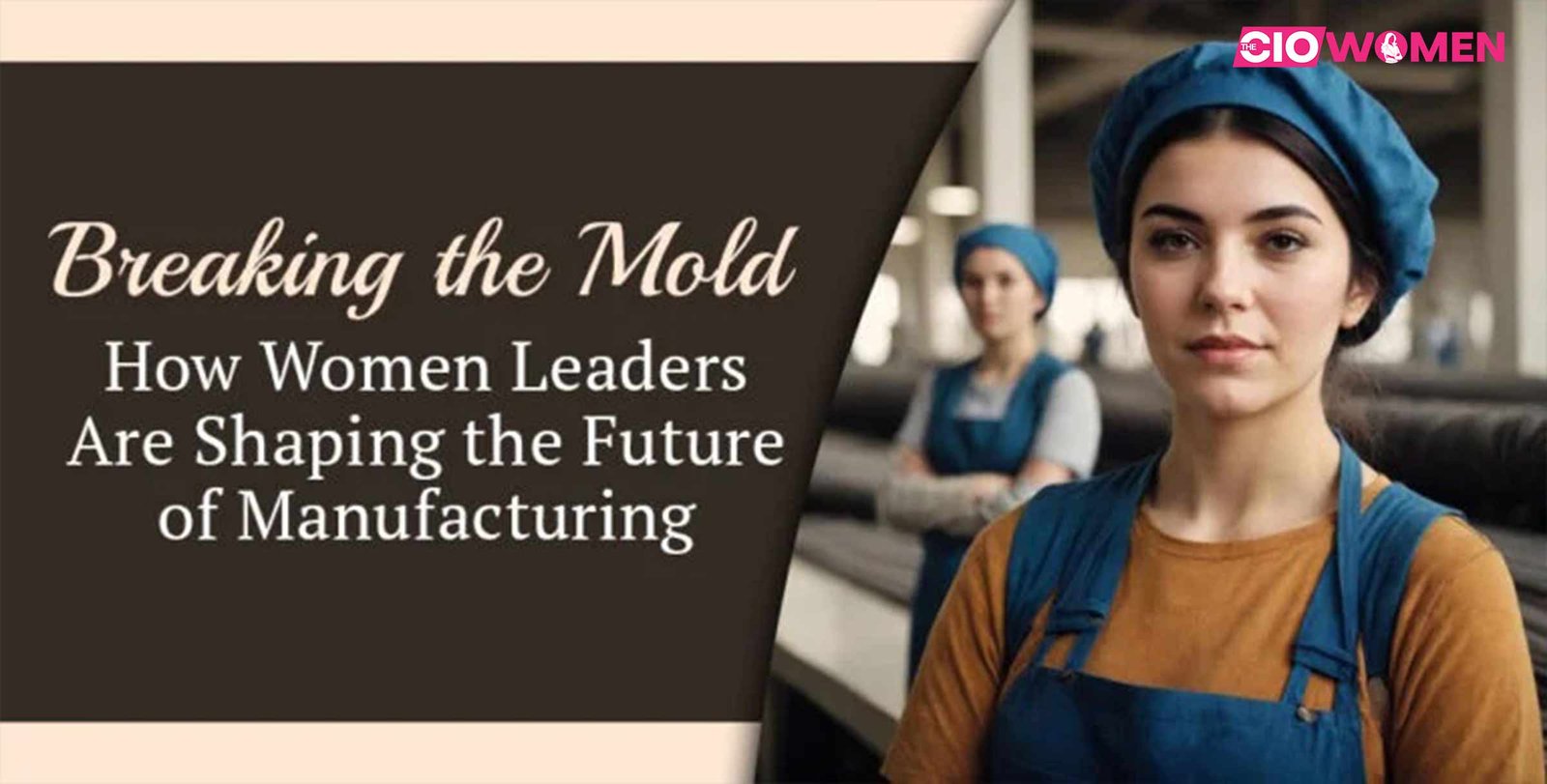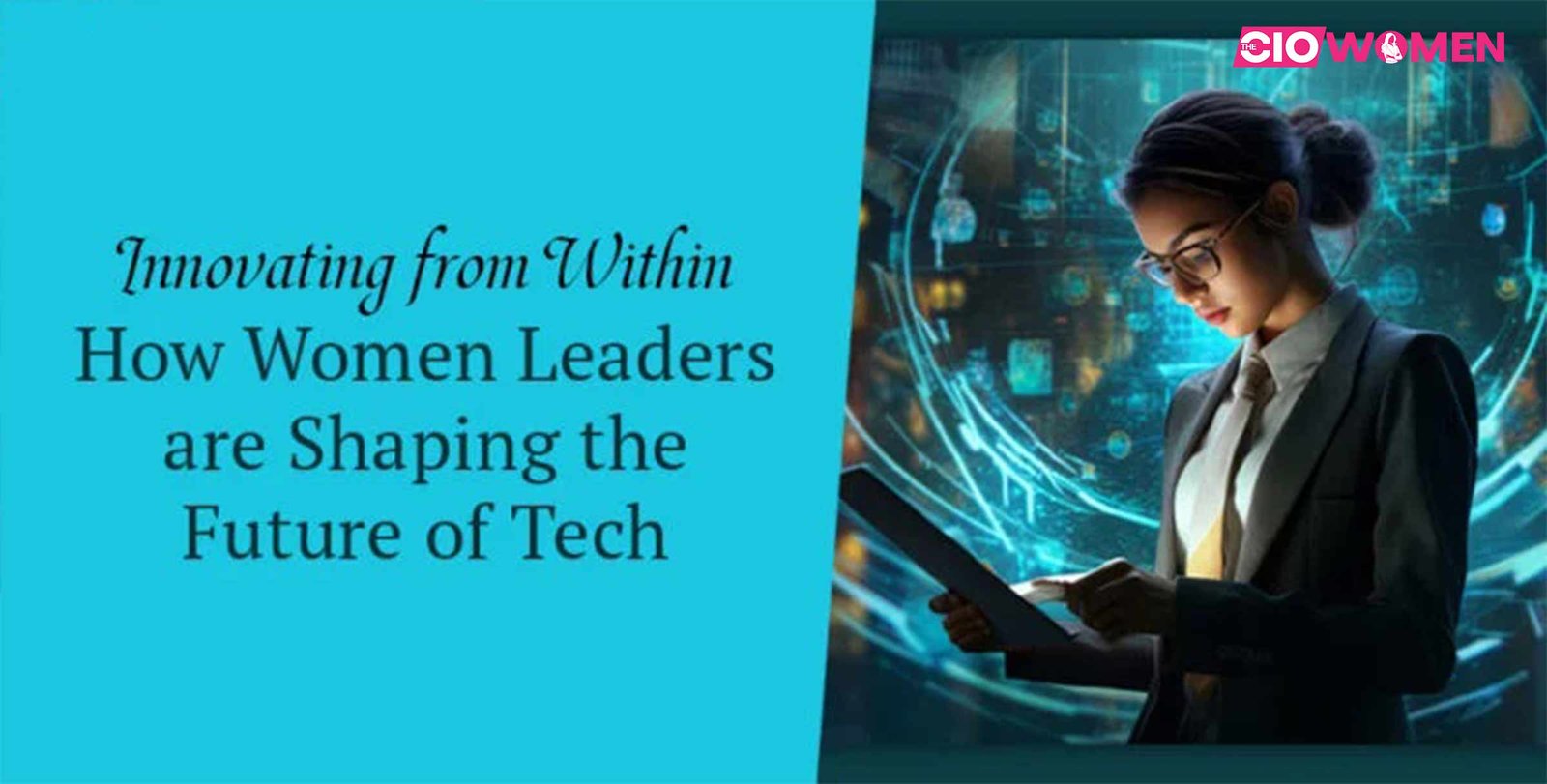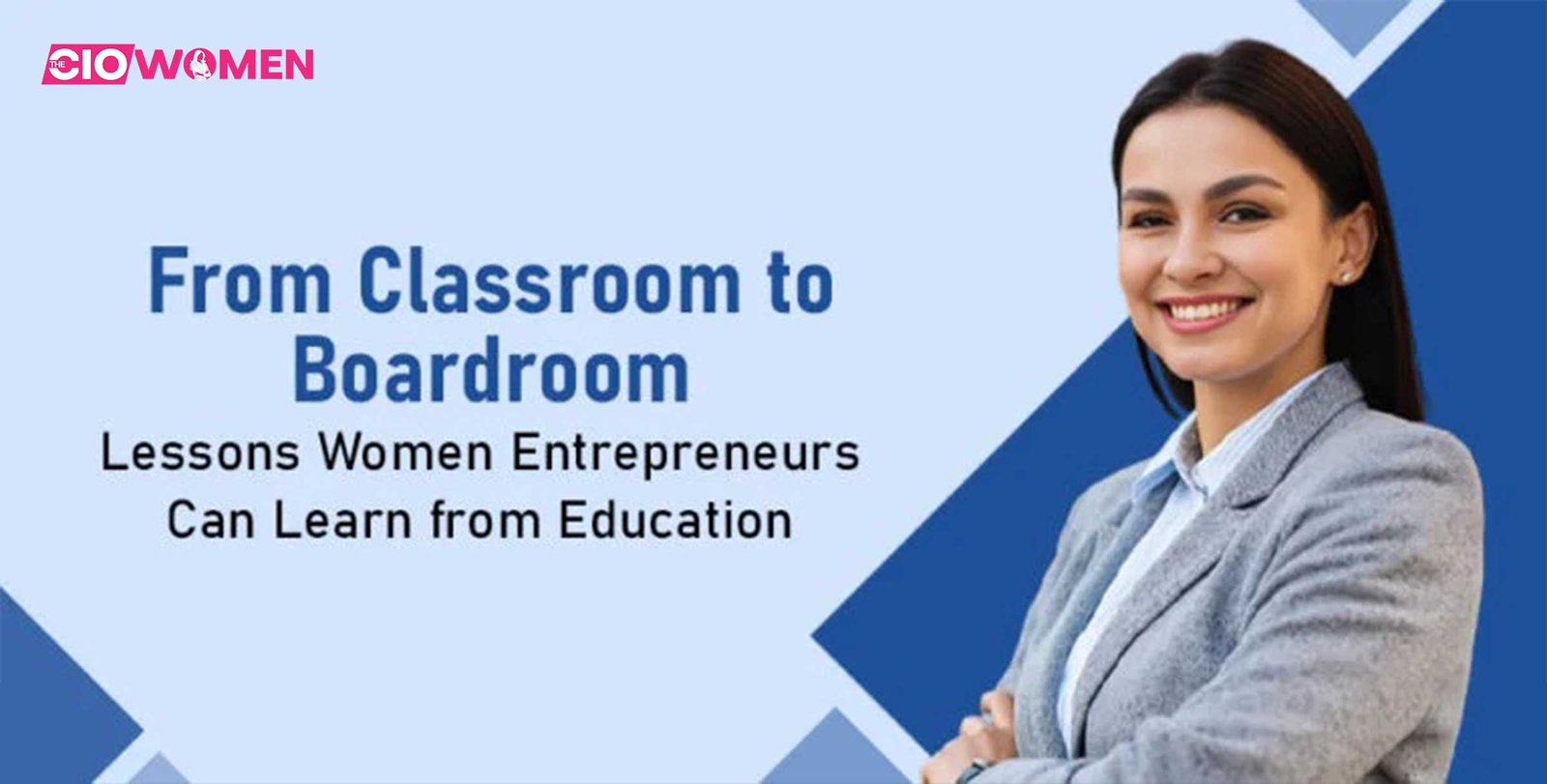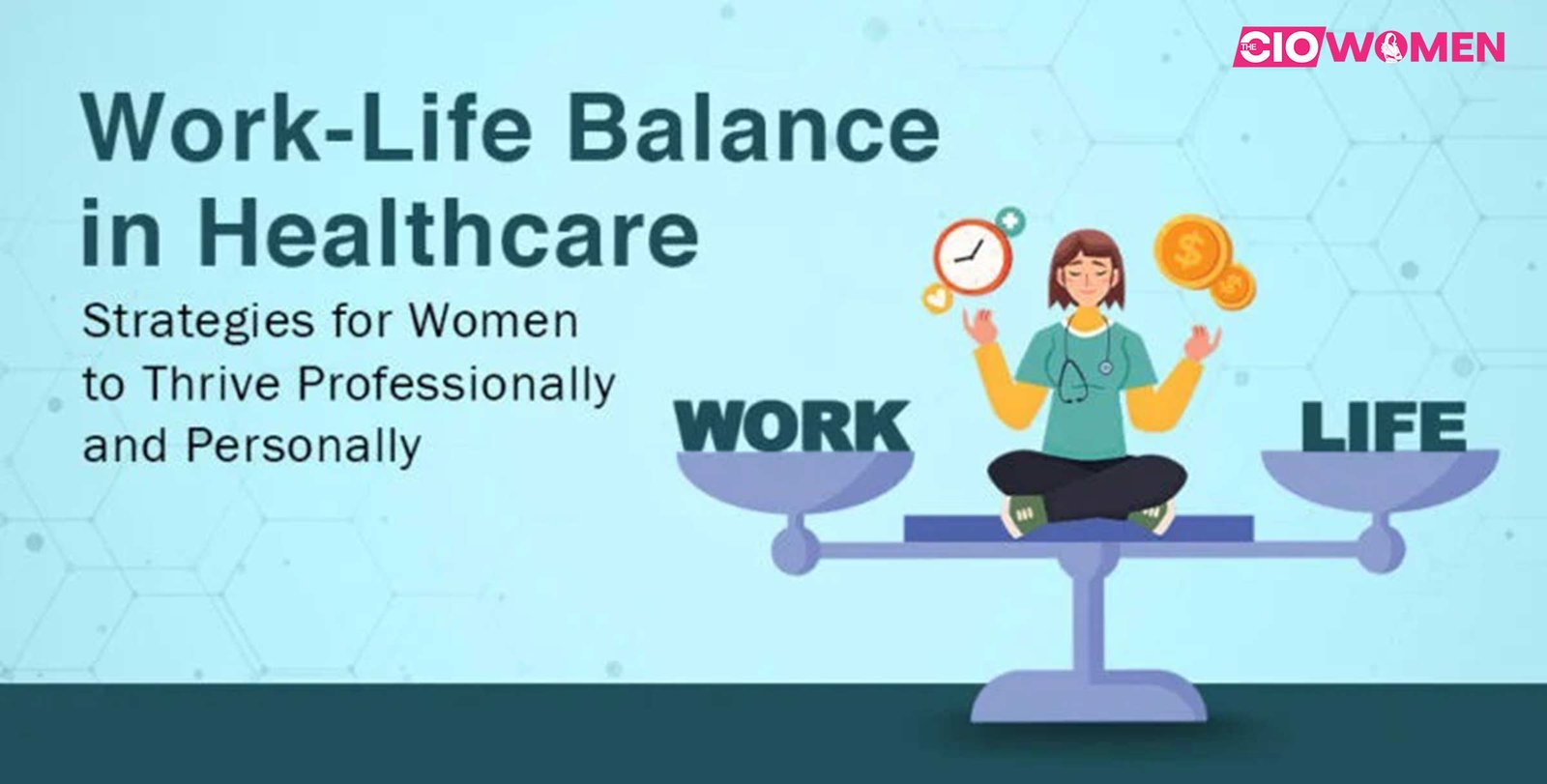Women creators today are reshaping the landscape of modern media with their unique perspectives, diverse narratives, and authentic voices. Through film, television, literature, podcasts, and digital platforms, female storytellers bring depth and nuance to stories that were once underrepresented or ignored. This transformative wave is not only enriching cultural conversations but also challenging stereotypes, breaking barriers, and inspiring new generations. Their storytelling emphasizes empathy, inclusivity, and empowerment, redefining how audiences connect with content globally. As women continue to rise in roles of writers, directors, producers, and influencers, their creative influence expands media’s boundaries and diversity. Ultimately, female storytelling is a powerful catalyst for social change and artistic innovation in the modern era.
Amplifying Underrepresented Voices
Women storytellers often highlight experiences and perspectives that mainstream media has historically overlooked. By sharing stories rooted in gender, race, culture, and identity, they give voice to marginalized communities and foster greater understanding. This amplification promotes empathy and challenges dominant narratives that have excluded diverse realities. Female creators use their platforms to confront issues like sexism, inequality, and social justice, making the invisible visible. Their work invites audiences to broaden their worldview and embrace complexity in human experiences. This shift helps build a media landscape that truly reflects society’s richness and diversity.
Breaking Stereotypes and Gender Norms
Female creators are instrumental in dismantling outdated stereotypes about women and gender roles. Through authentic characters and complex storytelling, they push back against one-dimensional portrayals and offer more realistic, empowered representations. This challenges audiences to rethink preconceived notions and encourages more progressive attitudes toward gender equality. Women’s stories often celebrate strength, vulnerability, ambition, and resilience in ways that redefine femininity. By doing so, they open new avenues for storytelling that move beyond clichés and embrace diversity within womanhood itself. This cultural shift in media ultimately contributes to greater respect and inclusivity.
Championing Inclusivity and Intersectionality
Modern female storytellers embrace intersectionality, recognizing that identity is shaped by multiple factors including race, class, sexuality, and ability. Their stories often highlight how these overlapping identities affect individual experiences, fostering a more nuanced and inclusive portrayal of humanity. This approach challenges singular narratives and promotes social equity by validating diverse lived realities. Women creators lead efforts to tell stories that resonate with a wide spectrum of audiences and dismantle systemic biases in media representation. Their commitment to inclusivity enriches the content and broadens cultural dialogues. It also inspires media industries to become more equitable and reflective of all communities.
Innovating Storytelling Formats and Platforms
Women creators are at the forefront of experimenting with new storytelling formats—from podcasts and web series to virtual reality and social media narratives. They leverage technology and digital platforms to reach global audiences and tell stories in fresh, engaging ways. This innovation breaks traditional barriers and allows more direct connection between creators and consumers. Female storytellers often prioritize authenticity and intimacy in their work, fostering communities around shared experiences. Their adaptability in media formats ensures that diverse stories can thrive across evolving landscapes. This spirit of innovation is redefining how stories are created, consumed, and shared worldwide.

